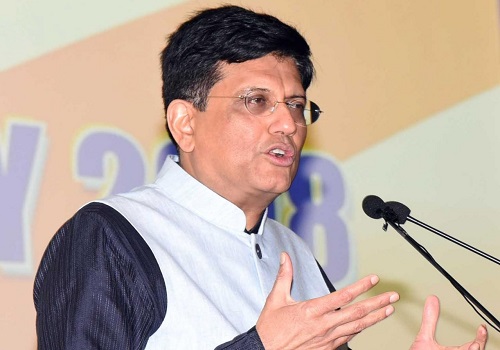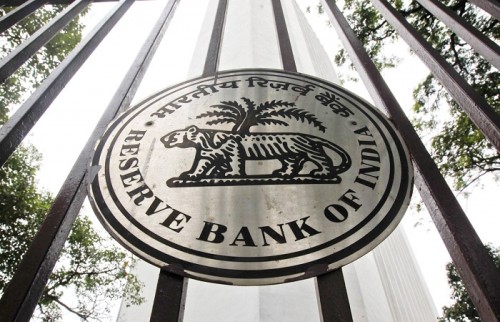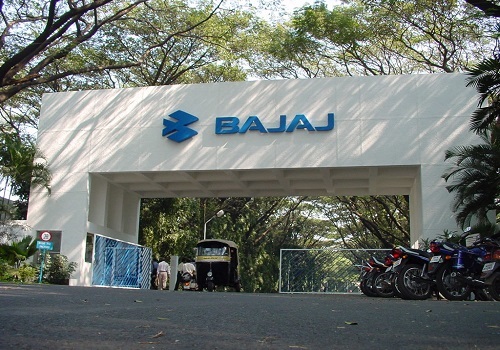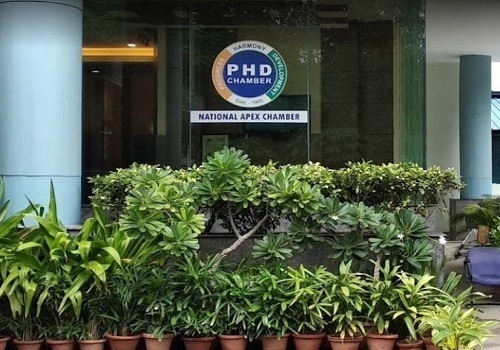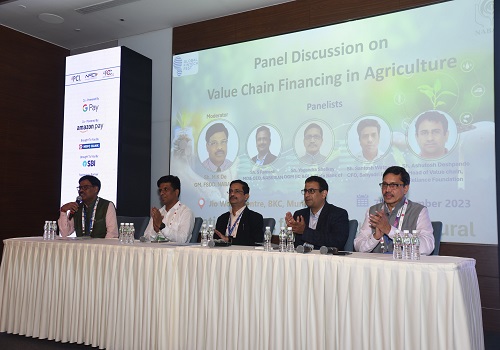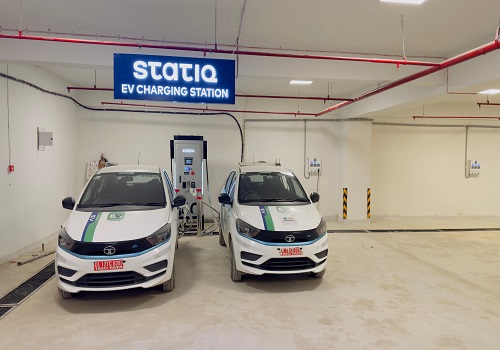NHSRCL-JRTC MoU on high-speed rail track design work
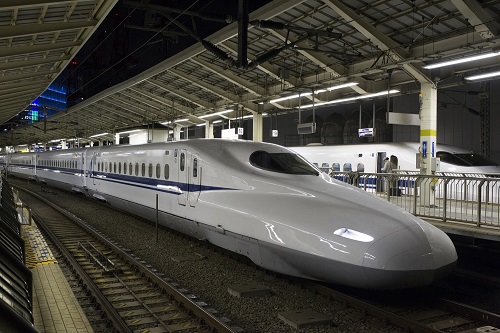
Follow us Now on Telegram ! Get daily 10 - 12 important updates on Business, Finance and Investment. Join our Telegram Channel
The National High-Speed Rail Corporation Limited (NHSRCL) on Friday said that it has signed a memorandum of understanding with the Japan Railway Track Consultant Company Limited (JRTC) for the designs of high speed rail track works for the T2 package of 237 km between Vadodara to Vapi in Gujarat for Mumbai-Ahmedabad Bullet train project.
In a statement, NHSRCL Spokesperson Sushma Gaur said, "NHSRCL today signed a MoU with JRTC for the Designs of High Speed Rail (HSR) Track works for T2 package of 237 km between Vadodara to Vapi in Gujarat for the 508-km Mumbai-Ahmedabad High-Speed Rail Corridor Project."
She said that the JRTC will provide the detailed design and drawing of major high speed rail track components like RC track bed, track slab arrangement and continuous welded rail (CWR) forces etc.
Gaur said that the virtual event was attended by NHSRCL MD Achal Khare, Rajendra Prasad, Director Project, Vijay Kumar, Director Rolling Stock and other senior officers from NHSRCL, Shinzo Miyamoto Minister from Embassy of Japan to India, Katsuo Matsumoto, Chief Representative, JICA and Horiyama, President, JRTC.
After signing the MoU with JRTC, Khare said, "This signing of MoU marks a very important milestone for MAHSR project. This also symbolises a strong team work and association which I am sure will not be limited to MAHSR project but may also continue for other future projects in other countries."
He further said that "NHSRCL will extend its full support to make this MoU a success".
Miyamoto, said, "This MoU will strengthen the ties between India and Japan, and will also give a boost to 'Make in India' initiative. This will also ensure the Transfer of Technology from Japanese high-speed rail system to India".
Prime Minister Narendra Modi and the then Japan Premier Shinzo Abe on September 14, 2017 laid the foundation stone for the ambitious Rs 1.08 lakh crore ($17 billion) project.
The initial deadline to complete the project is December 2023.
The bullet trains are expected to run at 320 km per hour covering the 508 km stretch in about two hours. In comparison, trains currently plying on the route take over seven hours to travel the distance, whereas flights take about an hour.
The NHSRCL has awarded several tenders for the construction of railway tracks, railway bridges, tunnels, railway stations and depots for the project till date.












 320-x-100_uti_gold.jpg" alt="Advertisement">
320-x-100_uti_gold.jpg" alt="Advertisement">

